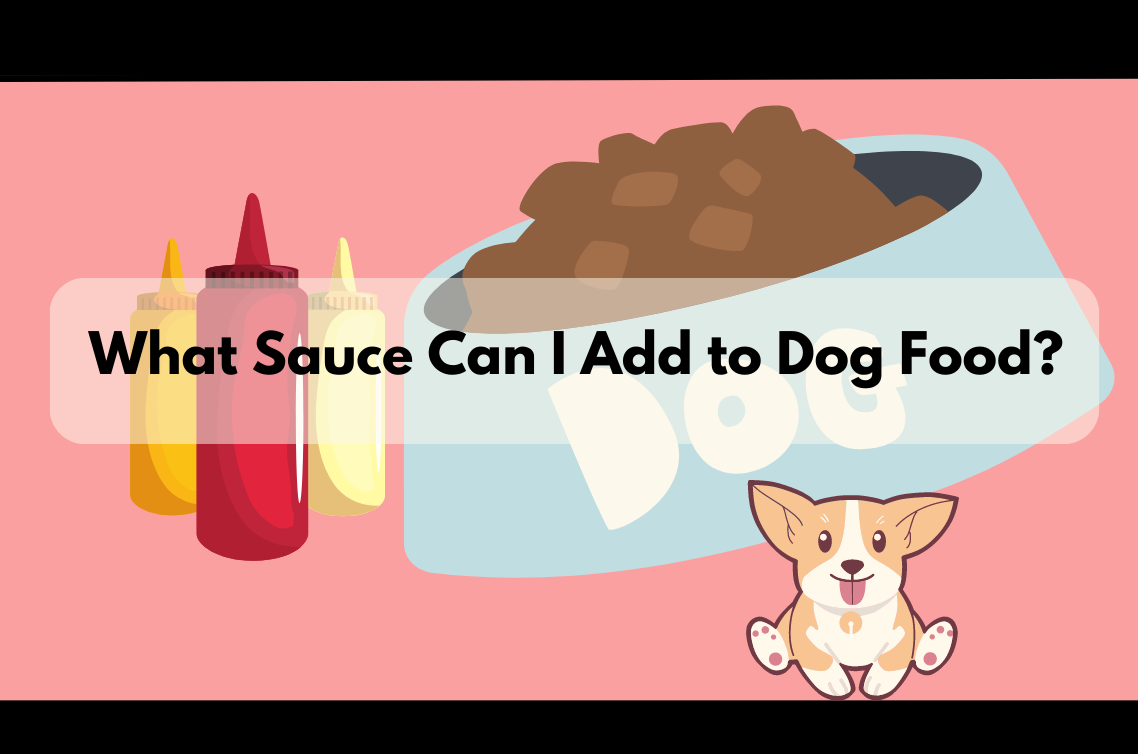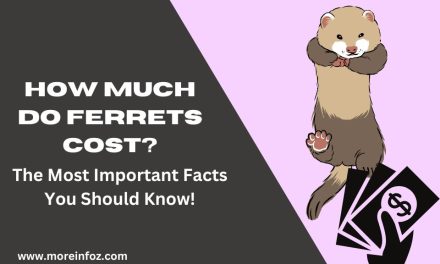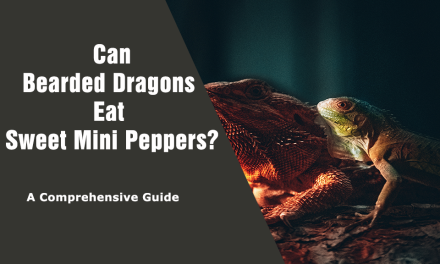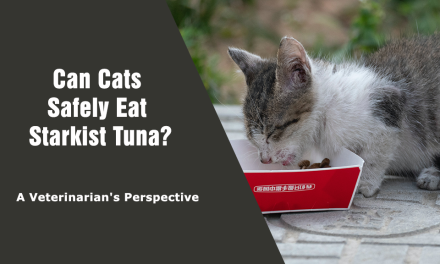Ferrets are playful and energetic pets that require a well-balanced and species-specific diet to thrive. As a ferret owner, you may be curious about the suitability of dog food for your furry friend’s nutritional needs. In this article, we will explore the question, “Can ferrets eat dog food?” and provide insights into the dietary requirements of ferrets. By addressing common concerns and answering frequently asked questions, you can ensure the optimal health and well-being of your beloved ferret.
Can Ferrets Eat Dog Food?
Ferrets have specific dietary needs that differ significantly from those of dogs. While dogs are omnivorous, ferrets are obligate carnivores, meaning their bodies are adapted to thrive on a diet primarily consisting of animal protein and fat. Feeding dog food to ferrets as their primary diet is not recommended due to the following reasons:
Nutritional Imbalance: Dog food lacks the essential nutrients and high-quality protein that ferrets require for optimal health. It may not provide the specific amino acids, fatty acids, and micronutrients necessary for a ferret’s well-being.
Taurine Deficiency: Ferrets require adequate amounts of taurine, an amino acid essential for their cardiovascular health. Dog food typically does not contain sufficient levels of taurine, potentially leading to serious health issues in ferrets.
Digestive Differences: Ferrets have a shorter digestive tract compared to dogs, which affects their ability to absorb and process nutrients. The nutrient profile and digestibility of dog food may not meet the unique needs of ferrets.
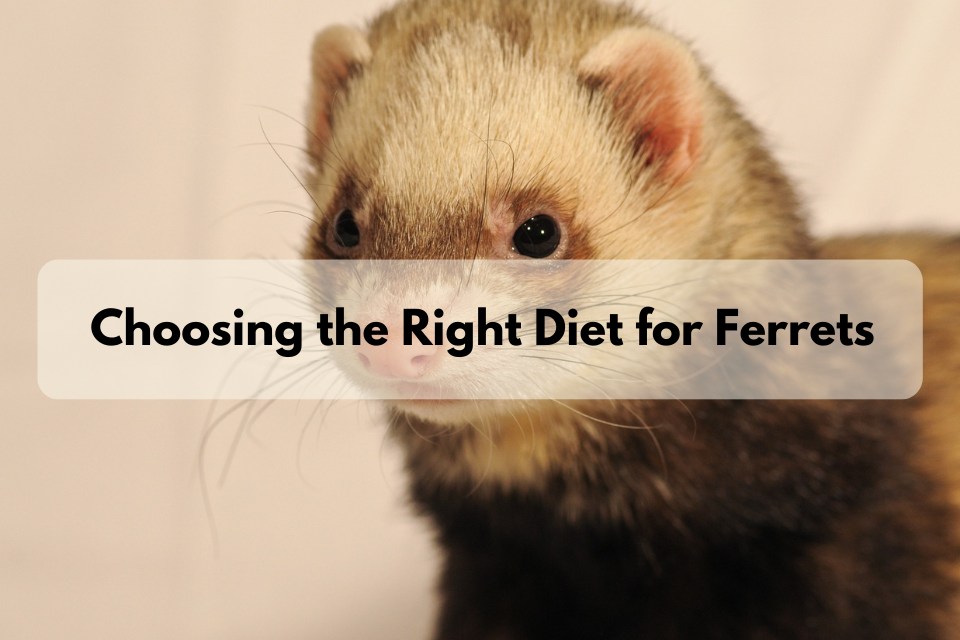
Choosing the Right Diet for Ferrets
To ensure the optimal health of your ferret, it’s important to provide them with a nutritionally balanced diet specifically formulated for their needs. Consider the following options:
Ferret-Specific Diets: Commercially available ferret food provides a complete and balanced diet tailored to meet their nutritional requirements. Look for high-quality ferret kibble or pellet-based diets.
Raw Food Diets: Some ferret owners opt for raw food diets, which mimic a ferret’s natural prey-based diet. These diets consist of raw meat, organs, and bones and should be properly balanced to meet nutritional needs.
Homemade Diets: If you prefer a homemade approach, consult with a veterinarian or ferret nutrition expert to create a balanced diet using appropriate animal protein sources, supplemented with essential nutrients.
Conclusion
While dog food may seem like a convenient option, it is not suitable as a primary diet for ferrets. Ferrets require a nutritionally balanced diet rich in animal protein and specific nutrients to thrive. By selecting ferret-specific diets or consulting with experts to create homemade or raw food diets, you can ensure your ferret receives the optimal nutrition they need for a healthy and fulfilling life.
Here are 15 frequently asked questions about feeding ferrets dog food along with their answers:
- Q: Can ferrets eat dog food? A: No, ferrets should not eat dog food as their nutritional requirements are different. Ferrets need a diet high in animal protein and fat.
- Q: Why is dog food not suitable for ferrets? A: Dog food lacks the specific nutrients and high-quality protein that ferrets need for optimal health and can lead to nutritional imbalances.
- Q: What are the risks of feeding ferrets dog food? A: Feeding dog food to ferrets can result in nutritional deficiencies, digestive issues, and potential health complications.
- Q: Can ferrets have dog treats? A: While small amounts of dog treats may be safe as an occasional snack, they should not be a staple in a ferret’s diet.
- Q: Is cat food a better alternative for ferrets than dog food? A: Cat food is closer to meeting ferrets’ nutritional needs, but it is still not an ideal substitute. Ferret-specific diets are recommended.
- Q: Can ferrets eat fruits and vegetables? A: Ferrets are obligate carnivores and do not require fruits and vegetables in their diet. These should be given sparingly, if at all.
- Q: How often should I feed my ferret? A: Ferrets should have access to fresh food and water at all times. Feed them small meals multiple times a day to mimic their natural feeding behavior.
- Q: Can I mix dog food with other ferret food? A: It is not recommended to mix dog food with other ferret food, as it may still lack the essential nutrients ferrets need.
- Q: Can ferrets develop allergies to dog food? A: Ferrets can develop allergies or sensitivities to certain ingredients in dog food, just like any other animal.
- Q: How can I ensure my ferret’s diet meets their specific nutritional needs? A: Choose commercially available ferret food or consult with a veterinarian or ferret nutrition expert to create a balanced diet for your ferret.
- Q: What signs indicate a nutritional deficiency in ferrets? A: Signs of nutritional deficiency may include weight loss, dull coat, lethargy, and gastrointestinal issues. Consult a veterinarian if you suspect a deficiency.
- Q: Can I feed my ferret dog food in emergencies if no other options are available? A: In emergencies, small amounts of dog food may be temporarily fed to ferrets, but it should not become a regular part of their diet.
- Q: Are there any specific dog food brands that are safe for ferrets? A: No, dog food is generally not suitable for ferrets. It is best to choose ferret-specific diets to ensure their nutritional needs are met.
- Q: Can ferrets transition from dog food to a ferret-specific diet? A: Yes, ferrets can transition to a ferret-specific diet gradually over time. Introduce new food slowly while reducing the amount of dog food.
- Q: What should I do if my ferret shows signs of nutritional imbalance or taurine deficiency? A: Consult with a veterinarian immediately to diagnose and address any nutritional issues. They can provide guidance on adjusting your ferret’s diet or supplementation if necessary.


